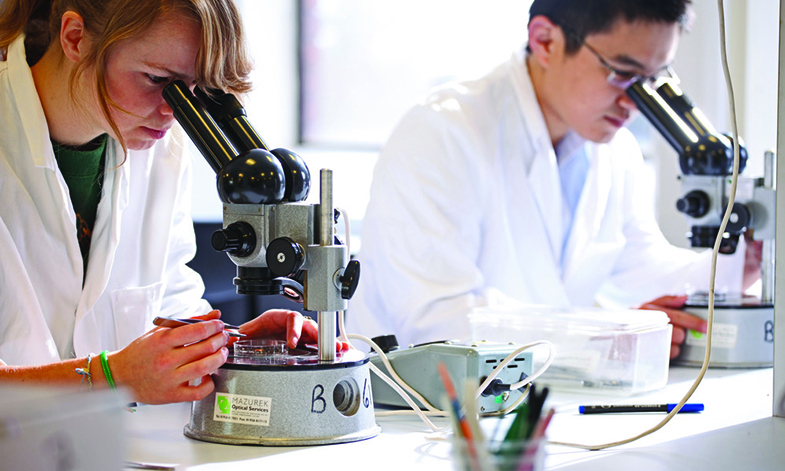
EU adopts new rules to significantly cut packaging waste with re-use targets
The European Union has formally adopted a regulation on packaging and packaging waste. The new ...

The UK’s Biotechnology and Biological Sciences Research Council (BBSRC, a part of the UK Research and Innovation UKRI) allocated around £10 million for the White Rose universities of Sheffield, Leeds and York for the Doctoral Training Partnership (DTP) in Mechanistic Biology and its Strategic Applications.
The White Rose University Consortium DTP in Mechanistic Biology supports world-class molecular bioscience, as well as strategic research in the areas of food security, bioenergy and industrial biotechnology.
The investment was unveiled by UK Prime Minister Boris Johnson as part of an announcement focusing on skills in bioscience and Artificial Intelligence.
This significant investment will contribute to supporting around 150 four-year PhD studentships over five years of intakes across Sheffield, Leeds and York, starting in October 2020. During these PhD studentships, each student will also undertake a three-month Professional Internship for PhD Students placement to develop their skills further and to explore possible future career directions.
This White Rose BBSRC DTP program will offer an exceptional range of research experiences to students, allowing them to contribute to a wide variety of world-class bioscience aligned with BBSRC’s strategic priorities. It will draw on the combined resources of the three universities and our other partners, including the Research Complex at Harwell, the Rosalind Franklin Institute, and FUJIFILM Diosynth Biotechnologies, to offer a rich and varied training environment that will equip students for successful and productive careers.
Professor Andrew Fleming at the University of Sheffield said: “This is great news. The continued investment means we can ensure that our early career scientists receive outstanding training in the bioscience skills which are core to the research we do as a university, and which equip our students for future careers in the bioeconomy.”
Professor Alan Berry, Director of the White Rose BBSRC Doctoral Training Partnership at the University of Leeds, said: “We are looking forward to training the next generation of biological scientists to produce fundamental advances that will underpin future health and prosperity.
“The combined universities have exceptionally strong and well-balanced research across the breadth of BBSRC-relevant research. This provides a superb environment for students to achieve their full potential.”
Aligned with BBSRC strategy, the White Rose DTP will train researchers undertaking projects in bioscience for sustainable agriculture and food, bioscience for renewable resources and clean growth, and advancing frontiers of bioscience discovery.
The UKRI-BBSRC DTP scheme is just one element of UKRI’s commitment to support future talent in research and innovation. UKRI as a whole supports around 15,000 doctoral students in UK universities, research institutes and businesses. As part of the National Productivity Investment Fund, a further 1,300 students were supported in industrially-relevant research topics, and in projects utilizing artificial intelligence, machine learning and big data.
The European Union has formally adopted a regulation on packaging and packaging waste. The new ...
Inaugurating the Abydos Solar Power Plant in the Upper Egypt governorate of Aswan represents a ...
Businesses that fail to adapt to climate risks like extreme heat could lose up to ...


اترك تعليقا